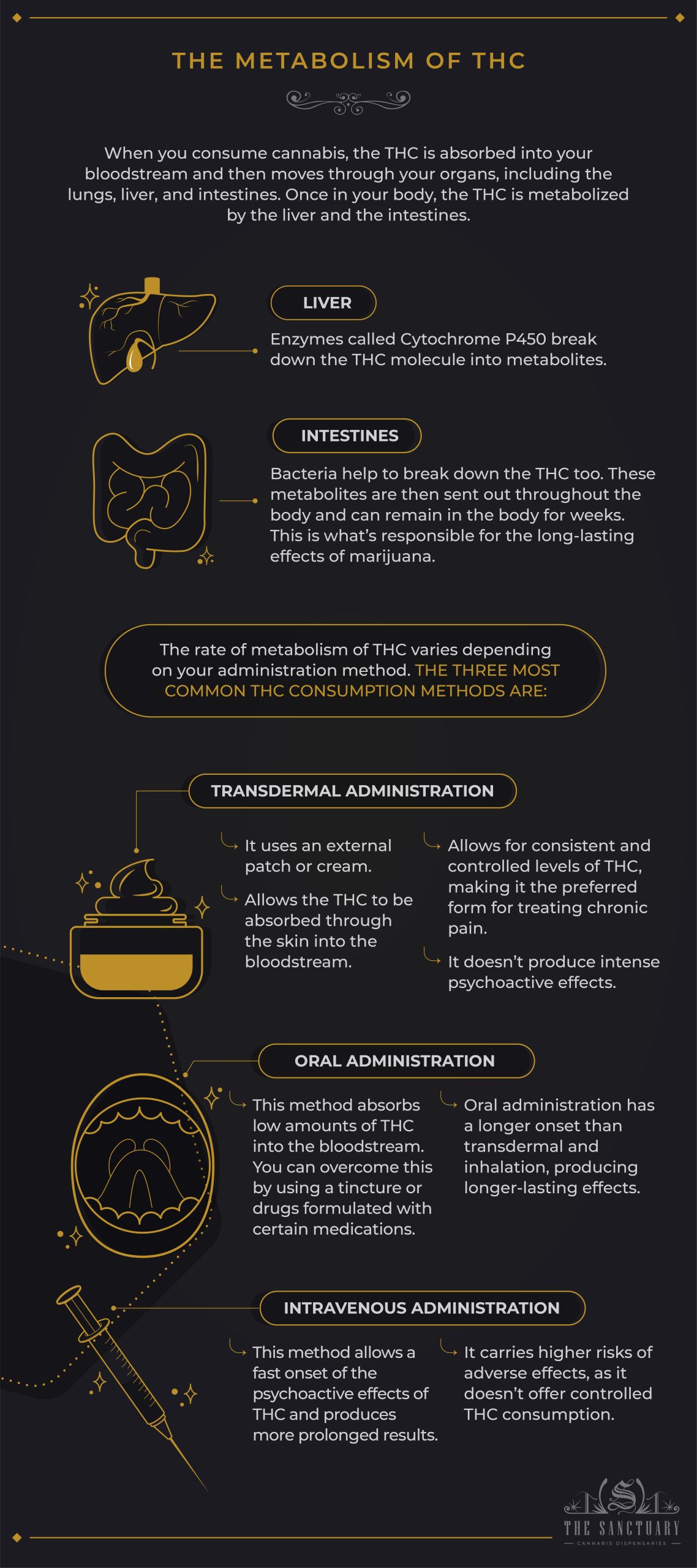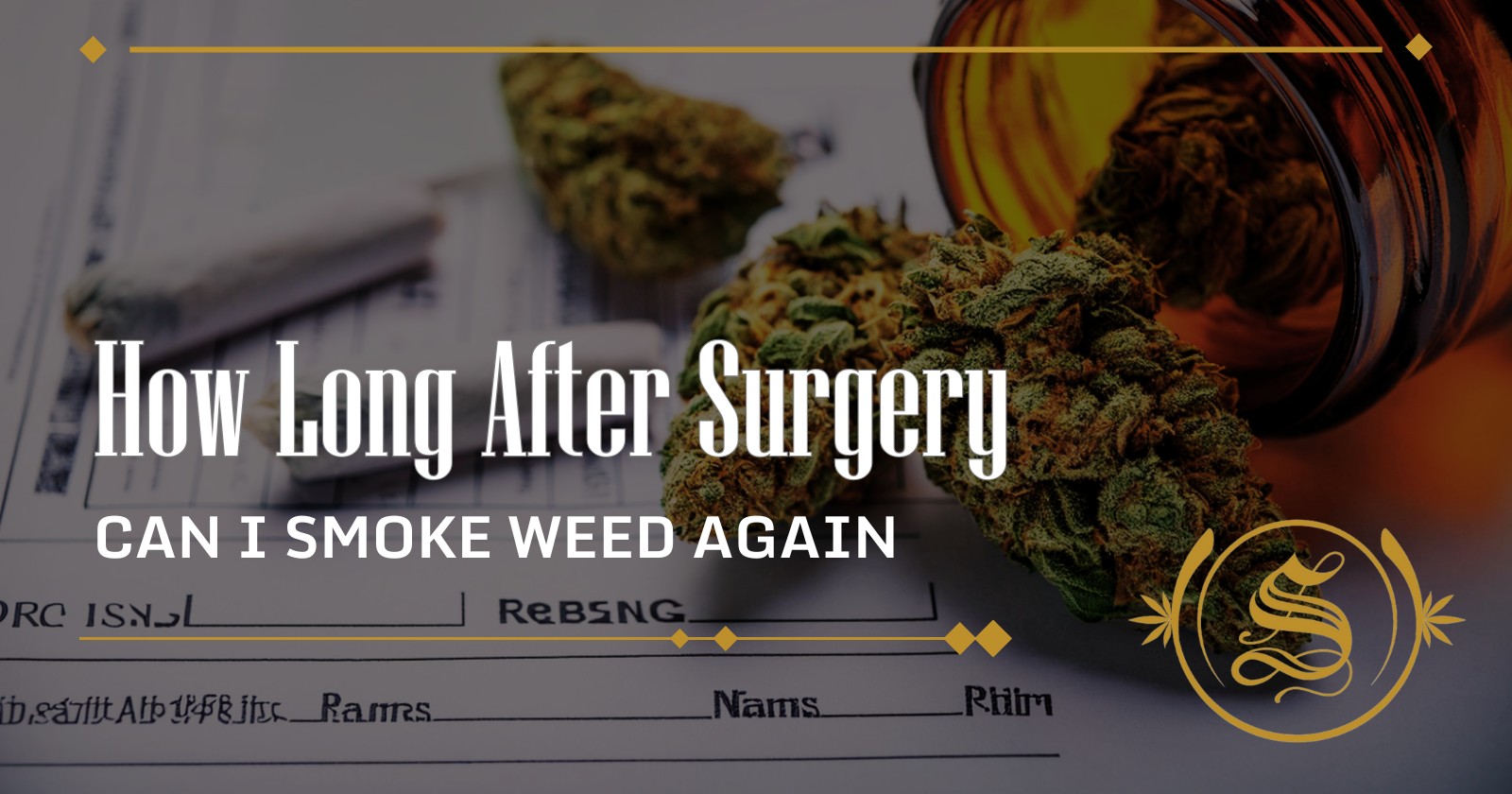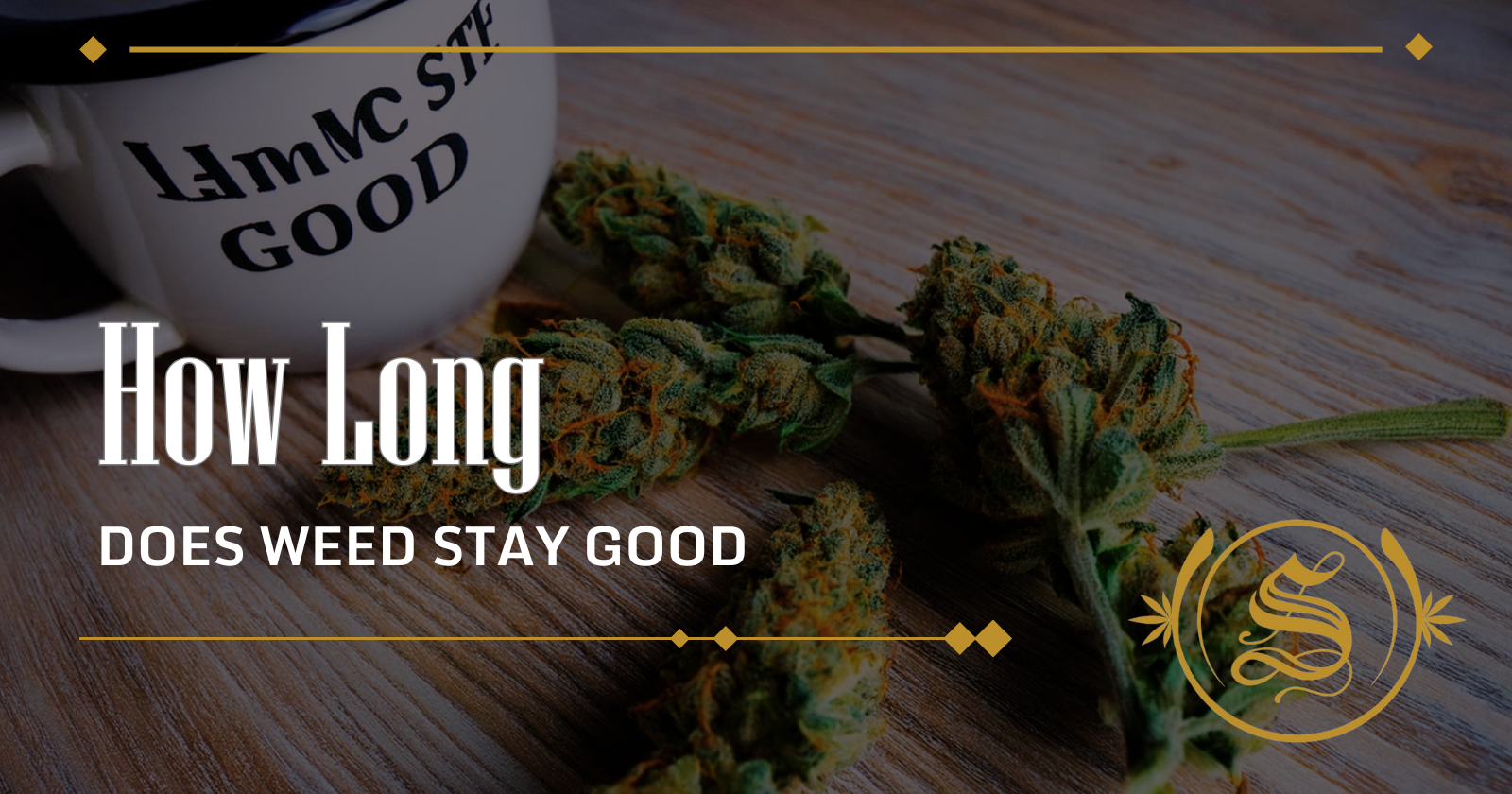Iftikhar Alam
Author
Reviewed by Cannabis Experts
Published on: January 27, 2023 | Updated on: September 11, 2024
A new sensation in the marijuana world, THC, or Delta-9-tetrahydrocannabinol, is a psychotropic component of the cannabis plant. It is popular for providing the “high” sensation many people love. THC binds with two receptors in our brain and central nervous system—CB1 and CB2. These receptors are part of the endocannabinoid system (ECS).
The ECS regulates various bodily functions, such as appetite, sleep, pain, inflammation, mood, and memory. When THC binds to the CB1 and CB2 receptors, it triggers a series of chemical reactions that lead to the feeling of being “high.”
The effects of THC can be both mental and physical and vary from person to person. However, remember that the component can be addictive, so always use it within your doctor’s recommended dosage. If you’re new to using THC or the cannabis world, you must know how the component works and what effects it releases in your body.
The Interaction of THC With Your Endocannabinoid System
THC interacts with the endocannabinoid system in the body to produce its psychoactive effects. It binds to cannabinoid receptors, activates them, and triggers several reactions throughout the body.
THC activates both CB1 and CB2 receptors in different areas of your body. It can also modulate the specific effects of serotonin and dopamine in your brain.
- CB1 Receptors. These are disproportionately located in the brain. CB1 receptors play an important role in improving neurological and psychiatric health by helping the brain reduce pain, improve mood, increase appetite, create calmness, and reduce inflammation. When THC binds with this receptor, it releases the recreational and medicinal effects of marijuana.
- CB2 Receptors. These are primarily found in the immune system and the central nervous system (CNS). CB2 receptors cause a range of positive health benefits, such as pain relief, anti-inflammation, and relaxation. When THC interacts with this receptor, it can reduce oxidative stress levels, which could help prevent certain diseases and conditions.
The exact mechanisms behind how THC interacts with CB1 and CB2 receptors are still unclear. Still, research has shown that the compound has an anti-inflammatory effect and can reduce pain when bound to either of the receptors.
The Metabolism of THC

When you consume cannabis, the THC is absorbed into your bloodstream and then moves through your organs, including the lungs, liver, and intestines. Once in your body, the THC is metabolized by the liver and the intestines.
In the liver, enzymes called Cytochrome P450 break down the THC molecule into metabolites. In the intestines, bacteria help to break down the THC too. These metabolites are then sent out throughout the body and can remain in the body for weeks. This is what’s responsible for the long-lasting effects of marijuana.
However, the rate of metabolism of THC varies depending on your administration method. The three most common THC consumption methods are:
- Transdermal Administration. It involves using an external patch or cream, which allows the THC to be absorbed through the skin into the bloodstream. This method of administration allows for consistent and controlled levels of THC, making it the preferred form for treating chronic pain. Transdermal administration doesn’t produce intense psychoactive effects.
- Oral Administration. This method usually offers low bioavailability (the amount of THC absorbed into the bloodstream). You can overcome this by using a tincture (an oil-based solution) or drugs formulated with certain medications. Oral administration has a longer onset than transdermal and inhalation, producing longer-lasting effects.
- Intravenous Administration. This method allows a fast onset of the psychoactive effects of THC and produces more prolonged results. However, intravenous administration carries higher risks of adverse effects, as it doesn’t offer controlled THC consumption.
The THC metabolites can be detected through your bodily fluids, such as urine, blood, and saliva, for up to 30 days after consumption. It’s important to remember that everyone’s metabolism is different. Factors like body weight and genetic orientation can affect how quickly and effectively your body metabolizes THC.
The Effects of THC
THC can have short-term and long-term effects, depending on how frequently or intensely it is consumed. The short-term effects of THC include:
- Relaxation
- Euphoria
- Increased appetite
- Altered perception of time and space
- Paranoia
- Distorted sensory perceptions
The long-term effects of THC include the following:
- Impaired coordination and reaction time
- Impaired memory and cognition
- Anxiety
- Lower IQ scores in adolescents
- Psychological dependence
Factors Affecting the Effects of THC
The effects of THC also vary based on an individual’s size, consumption, tolerance, and overall health.
Dosage
Higher doses of THC will typically lead to more intense effects, including increased euphoria and an enhanced sensory experience. On the other hand, low amounts of THC can be used to achieve a relaxed, mellow feeling without the intense effects of a more potent dose.
Frequency of THC Consumption
The frequency of cannabis use is another key factor. Regular cannabis users develop a tolerance to THC, which means they need to consume increasingly higher doses to achieve the same effects. This can lead to a “tolerance fade.” In this phenomenon, the impact of THC gradually decreases over time, and you may not feel the effects of THC from your current dose.
Your Health
Another important factor is your age and general health. Some studies suggest that the effects of THC are felt more intensely by adolescents, who may be more vulnerable to the drug’s potential harm. Additionally, individuals with mental health issues, such as anxiety and depression, may find that specific effects of THC—mood changes—worsen their mental health symptoms.
In a nutshell, the effects of THC depend on various factors and can vary significantly from person to person. So, it is crucial to assess and understand the potential risks of cannabis before using THC.
Summary: THC Binds With Your ECS Receptors
When THC enters your body, it interacts with your ECS receptors (CB1 and CB2) and interrupts the endocannabinoid signaling pathways. This results in cerebral blood flow, increased dopamine signaling, and reduced activity.
Psychologically speaking, THC can be intoxicating, causing poor memory, pleasant feelings in some individuals, and improved impulsivity. However, the effects of THC usually vary from person to person. They also depend on various factors, including age, health, and the dosage and frequency of THC consumption.
THC is one of the most abundant cannabinoids, accounting for most of the “high” effects of cannabis or marijuana plants. Before using THC, remember that the FDA doesn’t allow cannabis products to have more than 0.3% THC. But you may legally get your hands on potent THC products in some US states on a doctor’s prescription.
The content provided on this blog is for informational purposes only and does not constitute medical, legal, or professional advice. Cannabis use is subject to local laws and regulations, which vary widely by jurisdiction. Always consult with a healthcare professional before starting any new treatment or altering an existing treatment regimen. The authors and publishers of this blog are not responsible for any actions taken based on the information provided herein. Use cannabis responsibly and in accordance with applicable laws. This blog is intended for adults aged 21 and over. The Sanctuary Dispensaries D186, D187.








